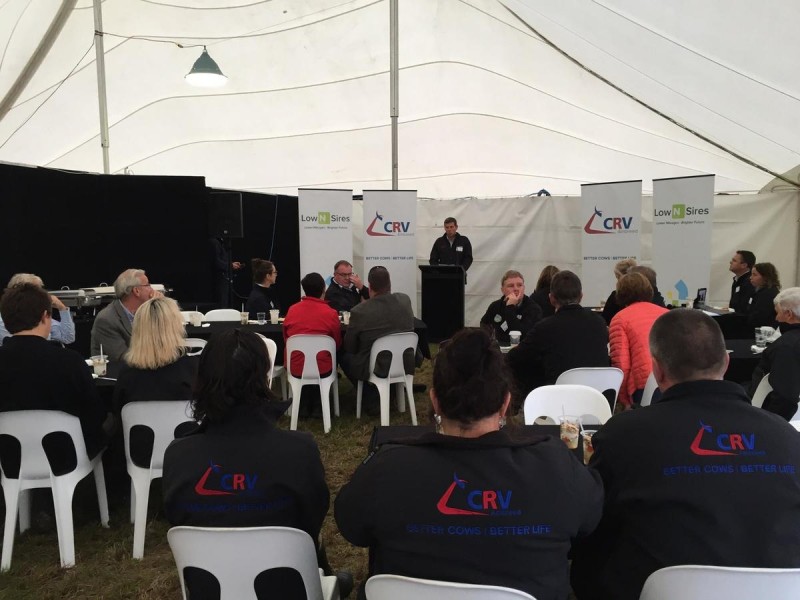A New Zealand company has made a genetic breakthrough it anticipates will reduce nitrogen-leaching on New Zealand farms by 20% within 20 years.
CRV Ambreeds has discovered a way to lower nitrogen output in cows. It starts with the bulls and carries through breeding to their daughters, who genetically excrete less nitrogen in their urine.
The primary cause of nitrogen leeched into the ground and water ways comes from cows urinating on concentrated patches of land. In Canterbury this is a major issue because excessive nitrogen levels in water can clog water intakes.


